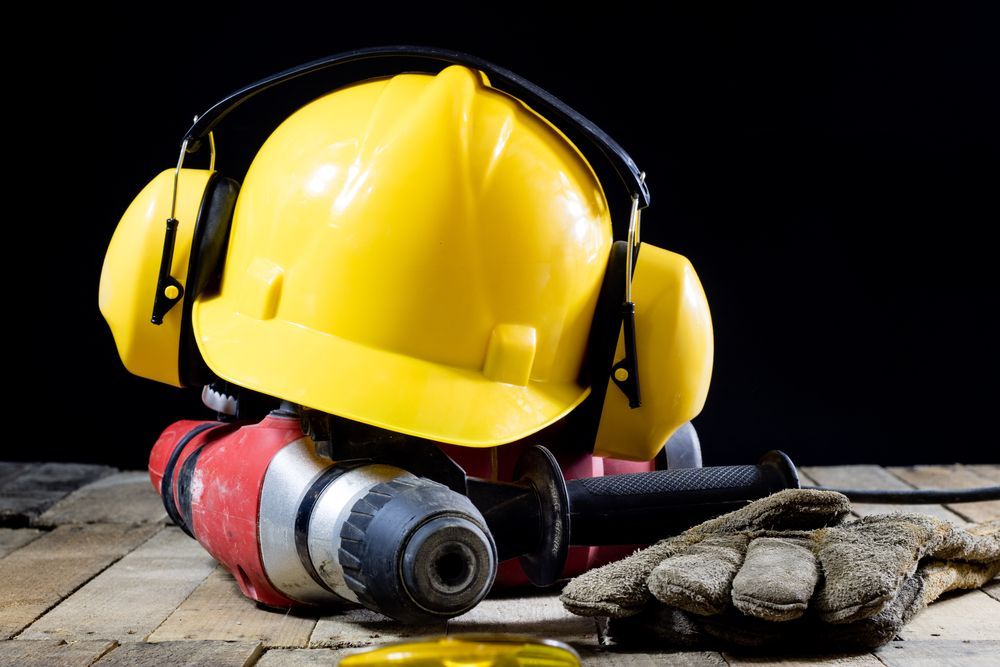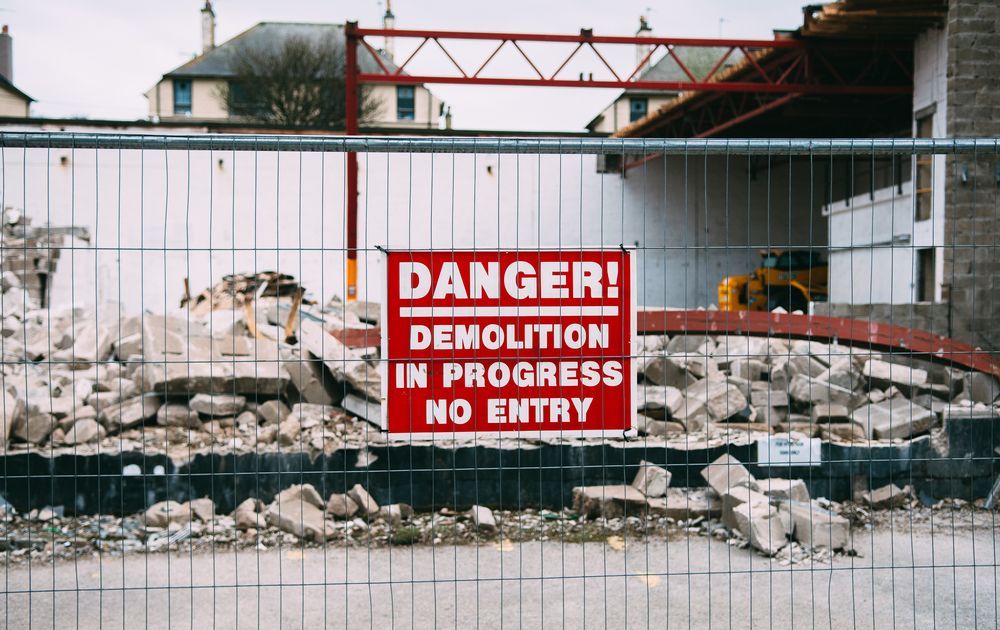What Is a Skid Steer Loader Used For?
Share this article:
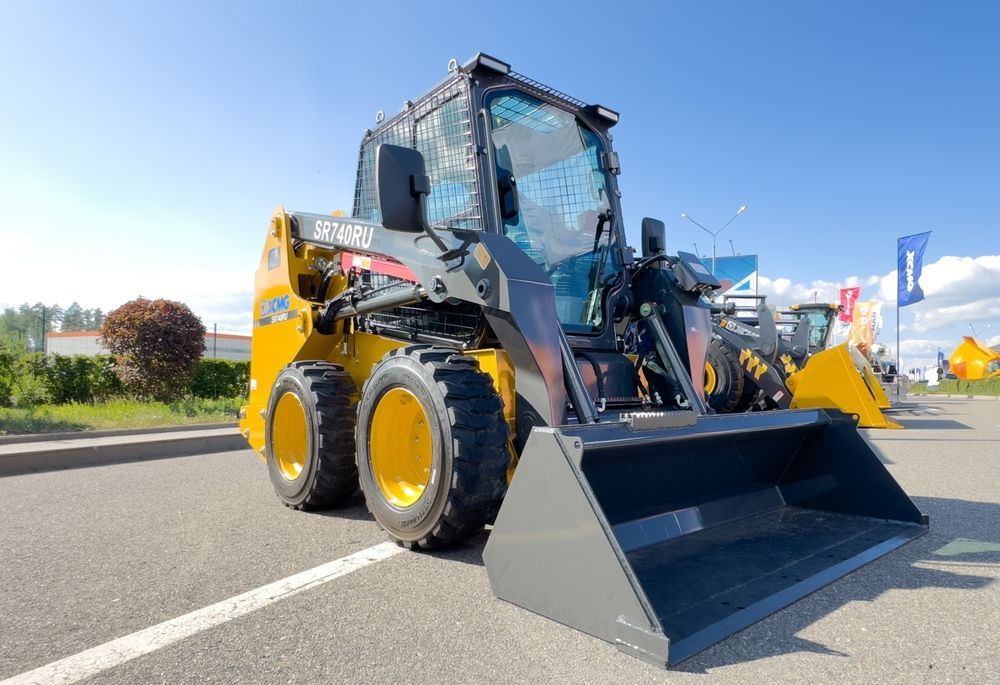
Drive by any demolition site and you'll likely bear witness to a multitude of tools and equipment, one of the most popular being the skid steer loader. Read on to learn more about the skid steer loader, what it is commonly used for, and why it's widely recognized as one of the most versatile and flexible equipment pieces that you'll find on a job site.
What is a Skid Steer Loader?
A skid steer loader is a compact, multi-purpose vehicle designed to help with construction and demolition jobs. Also known as all-terrain loaders or Bobcats, skid steers can accommodate many attachments to perform a variety of tasks, making them a flexible and versatile equipment option.
What are Skid Steers Used for?
Perhaps the better question is "What aren't skid steers used for?" These versatile vehicles are commonplace on construction and demolition sites, but they can be used for so much more than that. Here's an overview of some of their most popular use cases.
Demolition
Skid steers can be outfitted with various attachments to perform different demolition-associated tasks. They're often used to help assist the demolition process in removing floors and walls from a structure or they can be outfitted with an attachment to help collect debris.
Roadwork
From spreading gravel to repairing drainage, skid steers are commonly used in road repair and paving.
Snow / Debris Removal
Skid steers can help remove snow from roads and parking lots in fast order when outfitted with the right attachment. They're also ideal for gathering debris for removal.
Excavating
Skid steers can be outfitted with rippers, trenchers, tillers, and wheel saws that make
excavation much more convenient. Because of this, they're often used when
prepping a site or when creating a foundation.
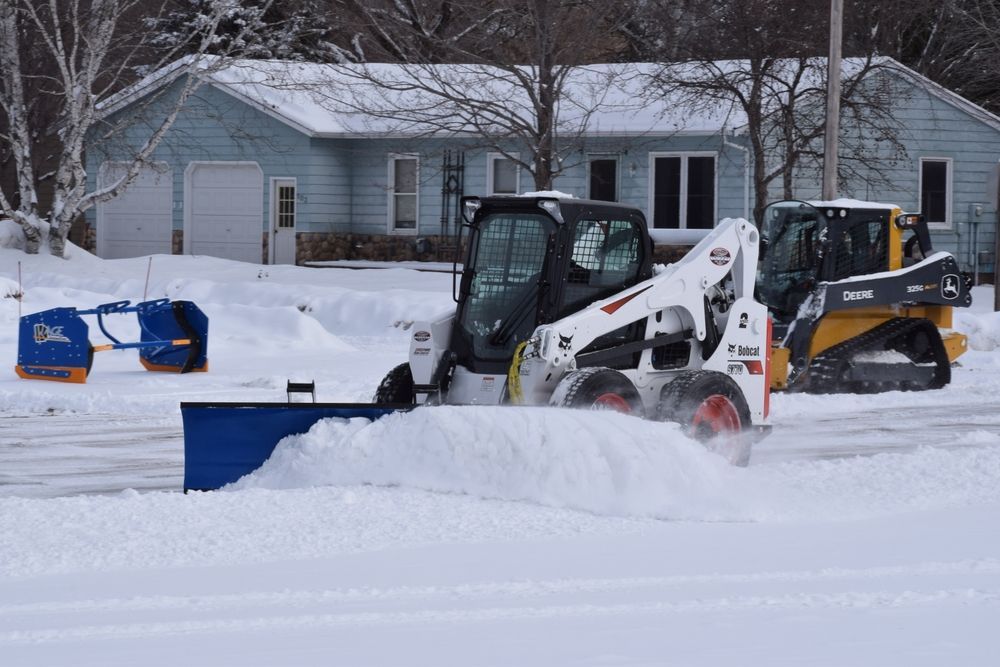
Loading
Need to carry heavy equipment from one location to the next? Skid steers are ideal for loading and moving materials around a site.
Landscaping
Many landscapers utilize skid steers for loading and hauling vegetation for planting around the site. They can also help with trench digging and stump grinding with the right attachments.
Farming
Farms rely on a variety of heavy-duty equipment for crop growing and harvesting. A skid steer is a common accessory on the farm due to many of the functions that we've already noted on this list.
Material Handling
While most people associate skid steers doing work outdoors, they also have a place in the industrial warehouse - particularly when it comes to material handling. Thanks to their ability to navigate tight spaces and attachment versatility, they're an ideal accessory.
Common Skid Steer Attachments & Tasks
One of the features that makes a skid steer such a versatile piece of equipment in a variety of settings is the number of attachments it's able to accommodate.
Attachments for Moving Material
Buckets and dozer blades are some of the most common skid steer attachments. They're available in various sizes and can help move and transport material.
Attachments for Digging
In addition to buckets, other attachments can help with digging. Some of these include trenchers and backhoes.
Attachments for Farming
From bale spears to tillers to rakes, skid steers can accommodate several attachments for farming.
Attachments for Clearing
Tree pullers, stump grinders, forks, and brush cutters are all ideal skid steer attachments for land clearing.
Attachments for Grabbing
Skid steer attachments for grabbing include the grapple bucket attachment and the puller.
What are the Different Types of Skid Steers?
Skid steers come in all different sizes and styles, making it easy to purchase the best one for your job site or project. Here's a closer look at the different types of skid steers.
Wheeled vs Tracked
One of the biggest decisions you'll need to make is regarding a tracked or wheeled skid steer. Wheeled skid steers are best for flat, hard surfaces. They tend to run faster and are more flexible. Tracked skid steers are better for uneven terrain and conditions that could be soft or slippery.
There are also over-the-tire skid steers, which combine the best features of both wheeled and tracked skid steers.
Stand On vs Walk Behind
Another key difference in skid steers is how you operate them. Some skid steers have a cabin and operators sit or stand within the cabin area. Other skid steers require the operator to walk behind them.
Small Skid Steers
Skid steers also come in different sizes. Small skid steers are best for smaller job sites. They tend to be ultra-compact with the ability to fit in tight spaces. For instance, you're likely to find smaller skid steers in industrial warehouses.
Medium Steers
Medium skid steers are larger and more productive, making them an ideal equipment option for many larger job sites. Medium skid steers tend to be the most common type of skid steer. Much of this is due to their versatility and their ability to be used in a variety of different types of jobs.
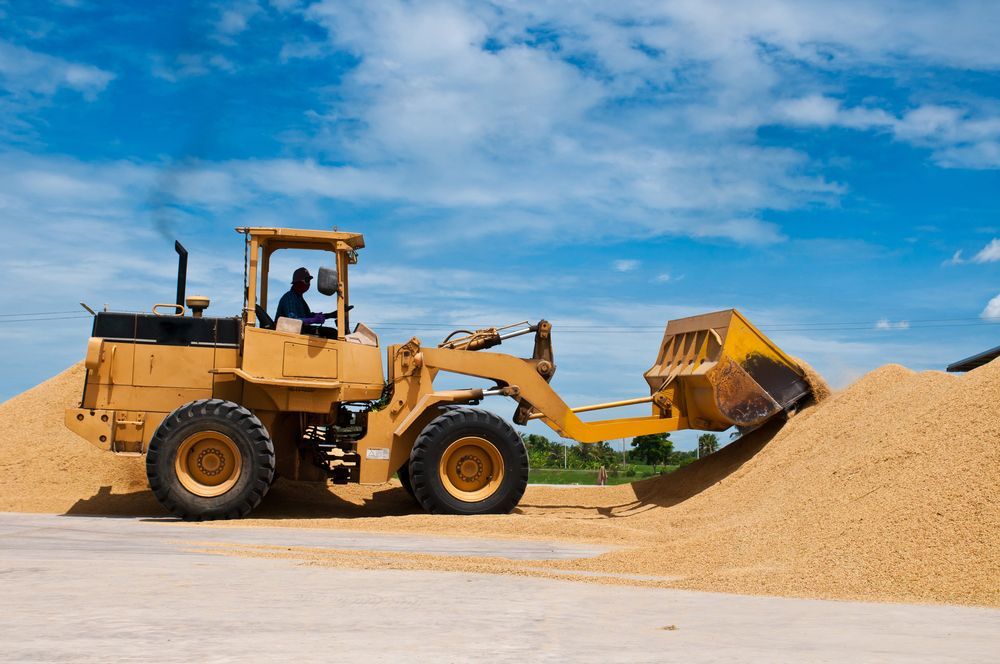
Large Frame Steers
Finally, there are large-frame skid steers, which tend to be ideal for large job sites where productivity is essential. For instance, you'll likely see farmers with large skid steers because they're able to tend to more of their property at once. Skid steers for snow removal are also likely to be large frame models, thereby allowing them to clear out more snow faster. Land clearing is another common application for large skid steers.
Contact Alpine Demolition Today
For more information on skid steers, common skid steer attachments, and the various types of skid steers that you might find on a construction or demolition project, contact Alpine Demolition today. As experienced demolition contractors, we're always utilizing the best equipment to help us do our jobs effectively and efficiently. Contact us today for more information and to seek an estimate for your next demolition project today.
